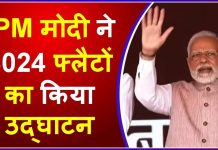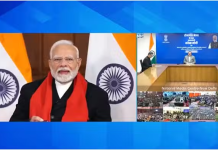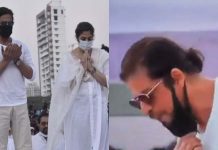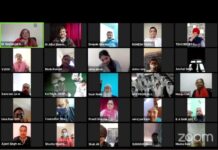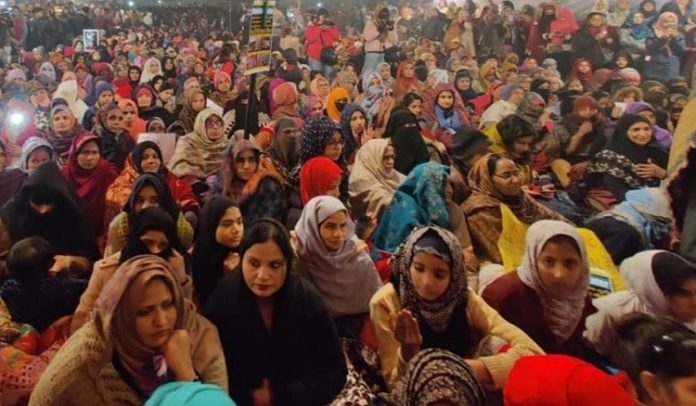
New Delhi, February 10: As the ongoing protests against the Citizenship Amendment Act have blocked the Kalindi Kunj Road—which connects South Delhi to Noida—since nearly two months, the Supreme Court on Monday said people can’t block a public road.
“If you want to protest there can be some area where you protest. But you cannot block a public road….Can you block a public area? There must be defined areas of protest,” a Bench headed by Justice Sanjay Kishan Kaul said.
However, the Bench refused to pass orders to remove protesters at this juncture.
“If it has lasted for 58 days you can wait one more week,” the Bench said posting the matter for further hearing on February 17.
Noting that the issue of CAA was before the top court, the Bench said, “Please believe in the law…despite that some people want to protest. They have the right to protest, but there can’t be an indefinite period of protest in a common area.”
The Bench issued notice to the police and the government after petitioner advocate Amit Sahni submitted that right to protest “goes to some extent only”.
In view of the February 8 Delhi Assembly Elections, the Supreme Court had on Friday deferred to February 10 hearing on petitions seeking removal of protesters against Citizenship Amendment Act, 2019 to clear Kalindi Kunj Road that connects South Delhi to Noida.
As protests against the CAA continued for more than 50 days in Shaheen Bagh area of Delhi, a PIL was filed in the Supreme Court on February 3 seeking a direction to the authorities to remove the protesters, contending they were causing hardship to people by blocking Delhi-Noida road.
This was the second petition on the issue before the Supreme Court. Earlier, advocate Amit Sahni had challenged a Delhi High Court’s verdict refusing to issue directions for forthwith removal of the protesters.
Sahni – who challenged the January 14 order of the high court – demanded that the situation be supervised by a retired Supreme Court judge or a sitting judge of the Delhi High Court in order to pre-empt any violence.
Several men, women and children are sitting on an indefinite protest at Shaheen Bagh against the CAA for more than a month disrupting traffic flow on Kalindi Kunj-Shaheen Bagh stretch – a major road link between South Delhi and Noida.
“It is disappointing that the state machinery is muted and silent spectator at hooliganism and vandalism of the protesters who are threatening the existential efficacy of the democracy and the rule of law and had already taken the law and order situation in their own hand,” read the petition filed by former Delhi MLA Nand Kishore Garg.
Restrictions have been in place on the Kalindi Kunj-Shaheen Bagh stretch and Okhla underpass, which have been closed on December 15, 2019, due to ongoing protests against the CAA and National Register of Citizen.
Garg demanded a set of comprehensive and exhaustive guidelines on outright restrictions for holding protests or agitations leading to obstruction of a public place. The law enforcement machinery was being “held hostage to the whims and fancies of the protesters” who have blocked vehicular and pedestrian movement from the road connecting Delhi to Noida, Garg said.
While maintaining that the agitation at Shaheen Bagh was “undoubtedly within the Constitutional parameter”, Garg said but the whole protest has lost its legality as the protesters were “blatantly and brazenly” flouting and violated the rights guaranteed under the Constitution for the ulterior purpose”.
Noting that the State has to protect fundamental rights of citizen who were continuously being harassed by the blockage of arterial road, the petitioner said, “…it is urgently required that the public places must not be allowed to be abused and misused for ulterior and mala fide purposes such as staging protest against the constitutional amendment in the heart of the capital city and thereby causing incalculable hardships and difficulties to the common people.”































